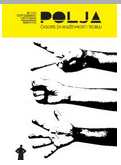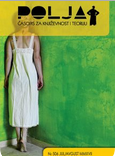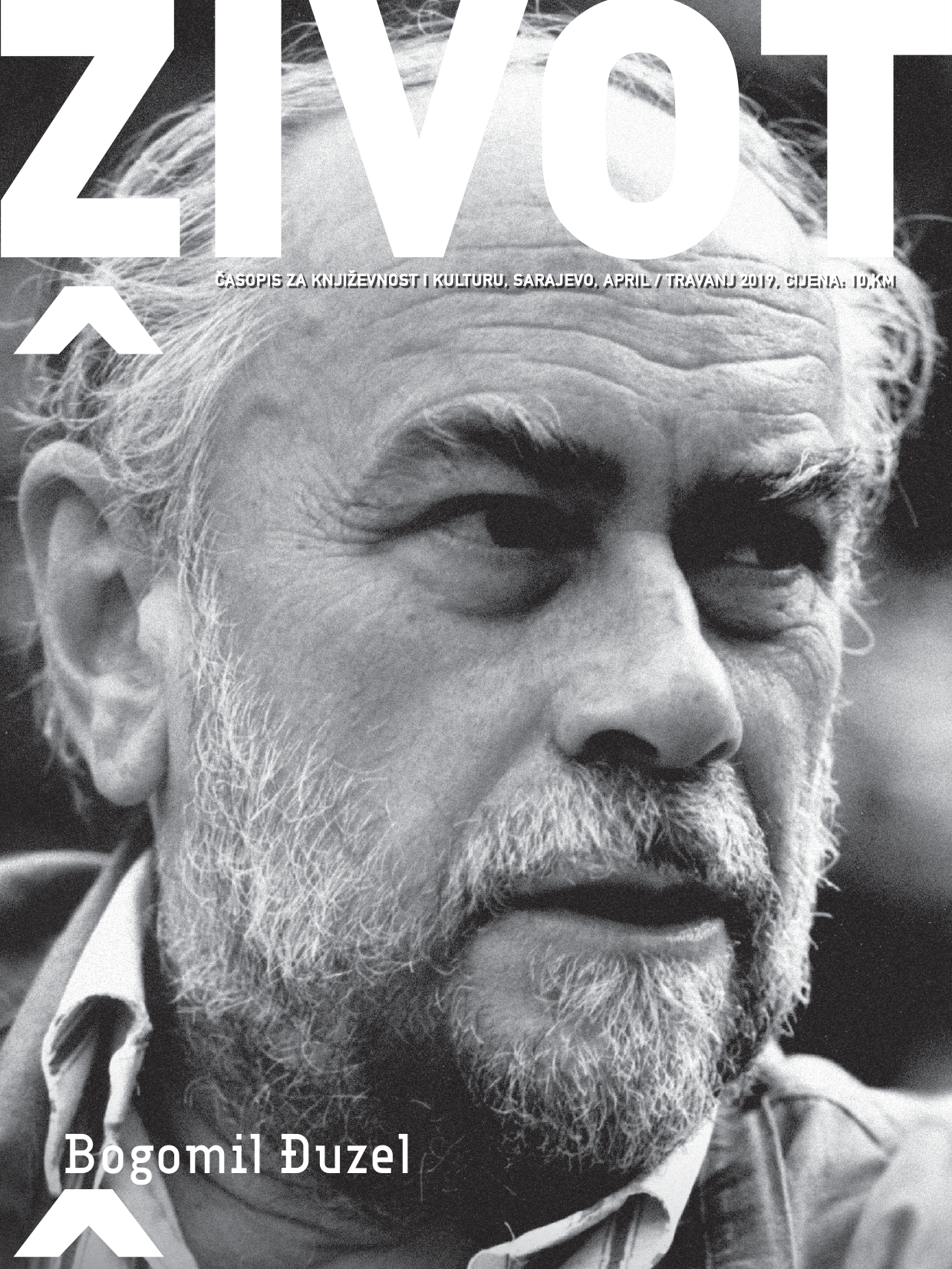
We kindly inform you that, as long as the subject affiliation of our 300.000+ articles is in progress, you might get unsufficient or no results on your third level or second level search. In this case, please broaden your search criteria.



Slovenska književnost u 2018. godini. Nisam birala ni po književnoj vrsti, ni po spolu, ni po generacijskoj pripadnosti, ni po nagradama. Sretna sam da je lista knjiga koje su obilježile moju čitalačku i kritičarsku godinu pokazala sljedeće: (1) Žanrovsku heterogenost – poeziju, kratku prozu i tri romana, koji su potpuno različiti. (2) Prodor autorica – što primjećujem već nekoliko godina. (3) Preovladavanje srednje i mlađe generacije – Eva Markun je generacija 90-ih, Nataša Kramberger 80-ih, Jure Jakob 70-ih, a Bronja Žakelj i Mojca Širok kasnih 60-ih.
More...















